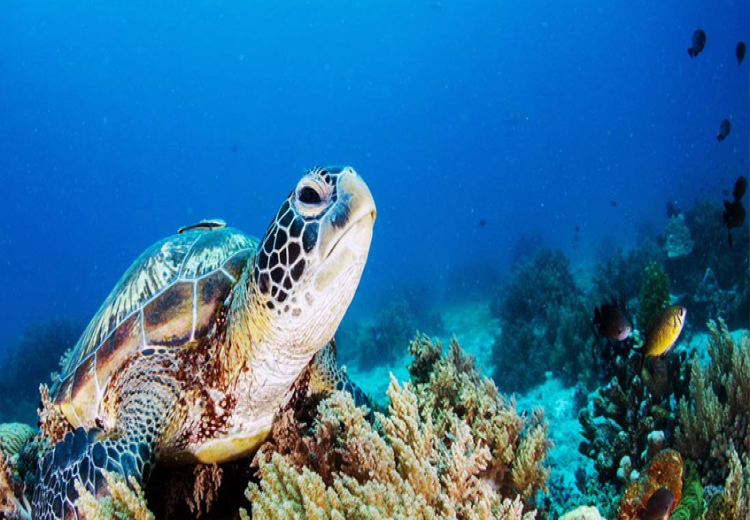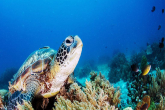Marine Biologist
Key tasks:
As a marine biologist you will be involved in the study of marine life including plants and algae, invertebrates as well as fish, birds, and mammals. You will study marine habitats, from the deep-sea trenches to the open ocean, to reef, estuaries, and inter-tidal zones. The growth of GPS and tracking technology has helped marine biologists enormously, as collecting scientific data is an important part of their work.
The key tasks of marine biologists can vary depending on their specific area of specialization and the nature of their work. However, here are some common key tasks associated with marine biologists:
• Field Research.
• Species Identification.
• Data Collection.
• Sampling Techniques.
• Population Surveys.
• Laboratory Analysis.
Entry requirements/training:
The Academic Performance Score (APS) will determine whether you can be accepted into the programme. A minimum of 28 points (excluding those for Life Orientation, which is not counted) for NSC-Deg and Matric Exemption, or 34 points for a Senior Certificate need to be reached for being considered for entry into the BSc (Marine Biology) programme. However, acceptance is also dependent on availability of places at the university.
Should you wish to pursue your academic career, you would need to undertake an Honours and Masters degree, and eventually a PhD in your specialist area of interest.
Associated job opportunities:
Marine biologists may find a range of job opportunities in various sectors, including research institutions, government agencies, non-governmental organizations (NGOs), consulting firms, and educational institutions. Here are some associated job opportunities for marine biologists:
• Research Scientist
• Field Biologist
• Aquarium Biologist or Curator
• Marine Conservationist
• Environmental Consultant
• Fisheries Biologist
• Marine Mammal Researcher




